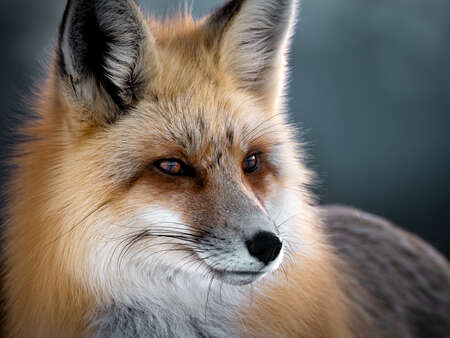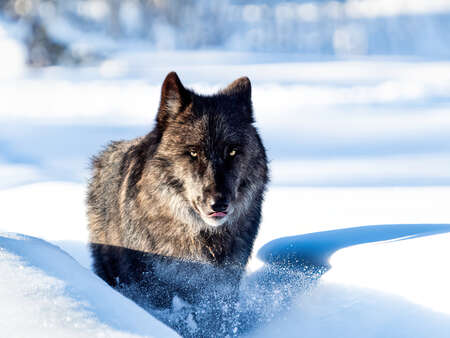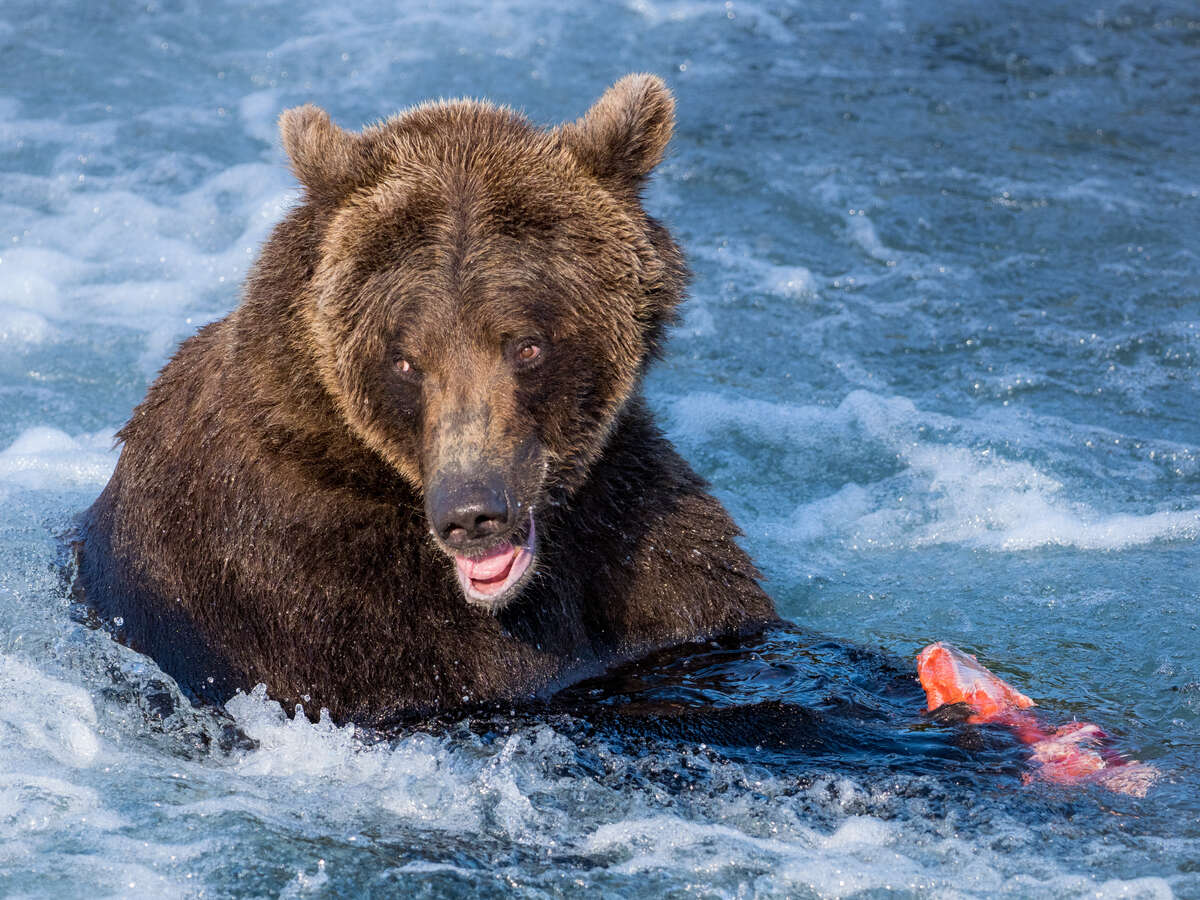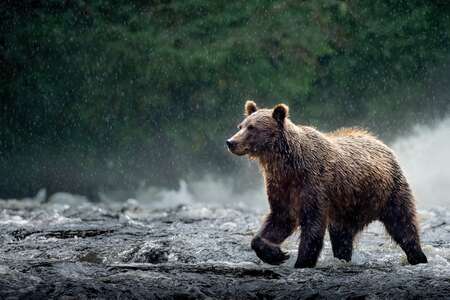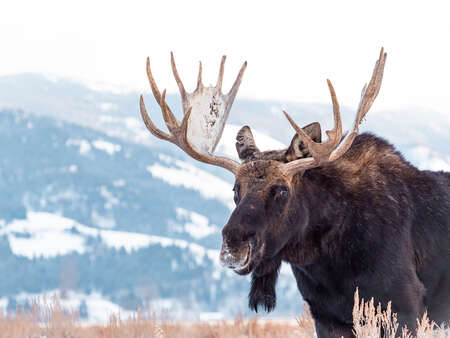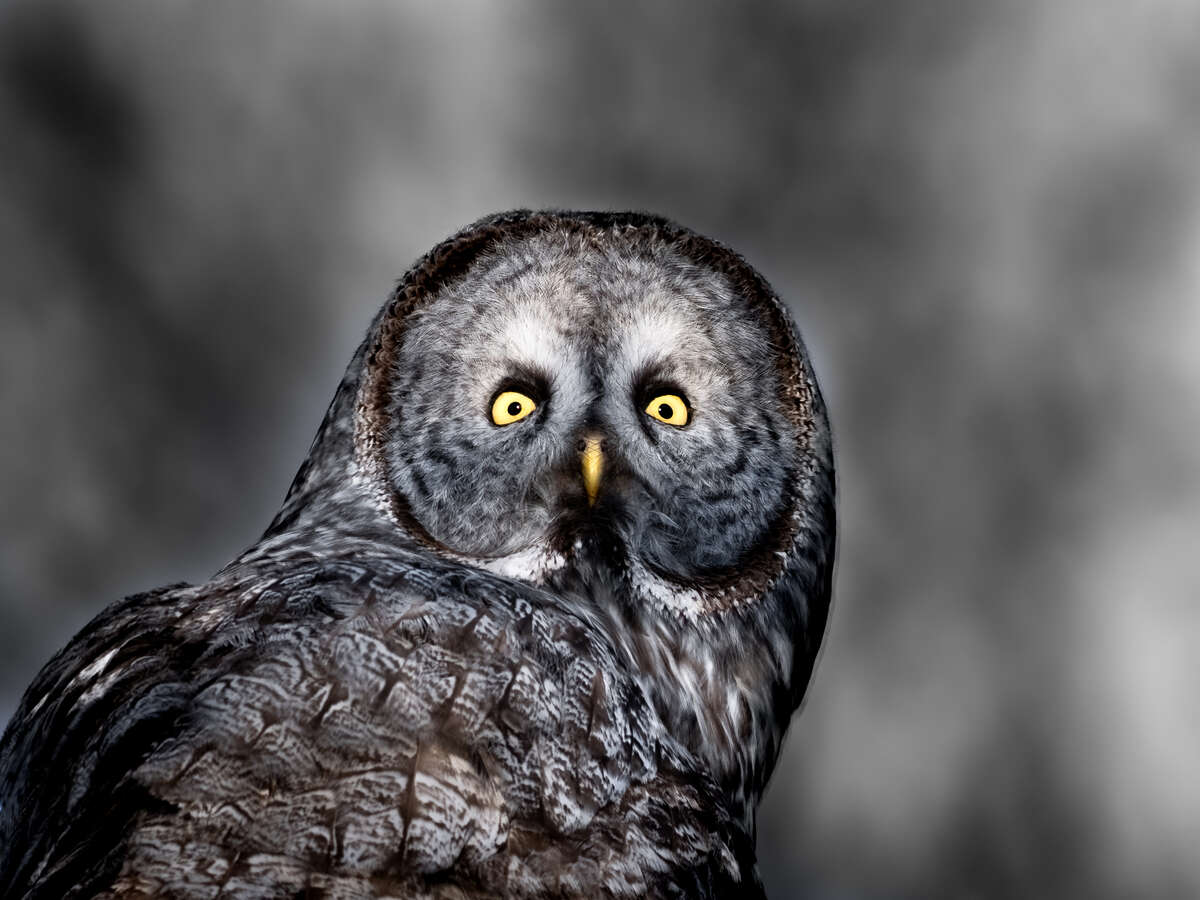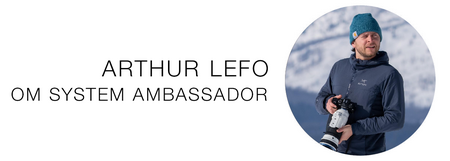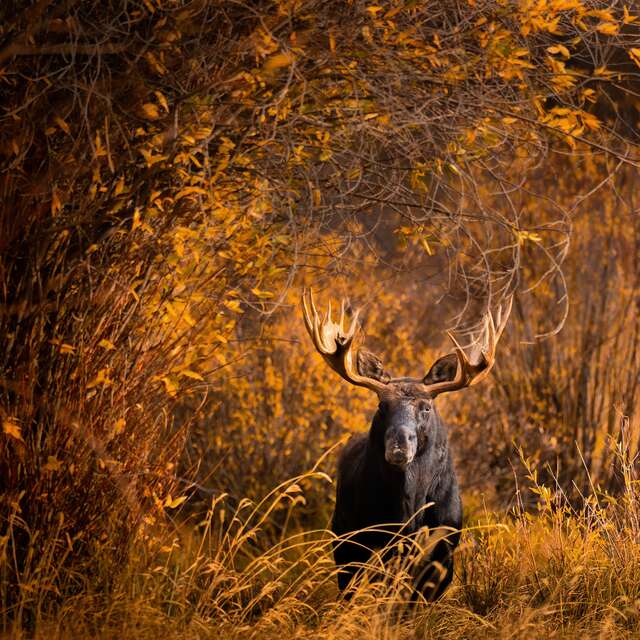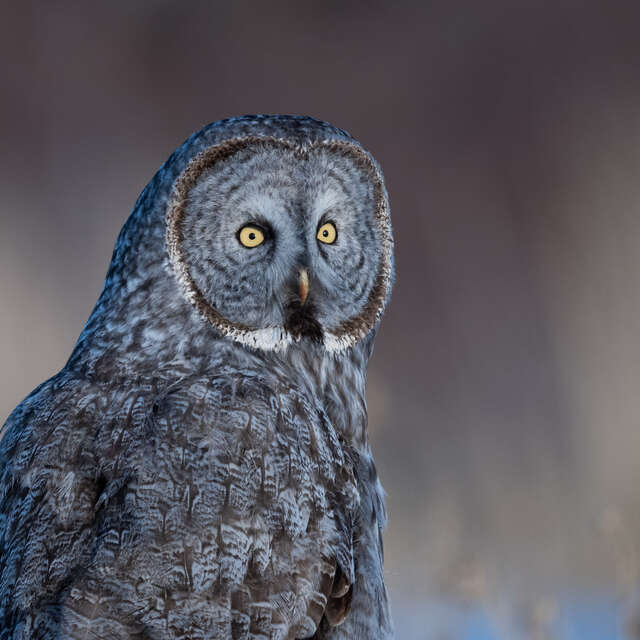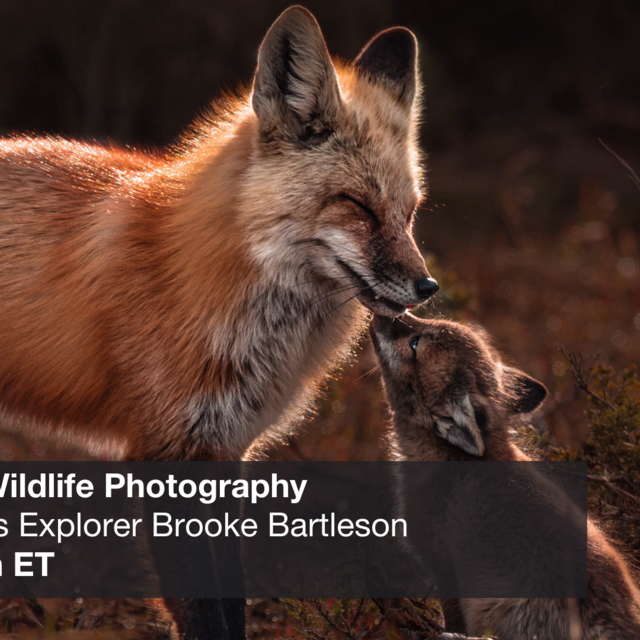Freedom to Explore, Freedom to Create.
How Olympus has empowered me to get closer to nature.
Been thinking about Olympus? Ever wondered why some photographers that have made the switch can’t stop raving about how much they love their new camera and lens? Come with me on a walk in the wild and find out why I made the change, what it has allowed me to capture, and how it has empowered me to set myself free both creatively and physically.
Why Do You Shoot?
The serenity of hiking up a mountain before sunrise to watch the rising sun slowly light up the sky above and the valley below. The thrill of following game trails deep into the woods only to find yourself in the awesome presence of a bull moose. To me, photography is about experiencing wilderness in its purest forms - it all begins and ends with nature. While looking for the perfect system for your photography needs, it’s important to consider the ‘why’ first and foremost. There is no perfect camera, and recognizing why it is that you shoot is a vital first step to making sure you are best-equipped for your photography goals.
I wasn’t born a photographer. For as long as I can remember, I have been exploring nature as far and wide as possible wherever I find myself in life. As a matter of fact, to this day I consider myself a nature lover first and a photographer second. Rather than being my main focus, photography has served as a tool for me to capture the moments I experience in the wild and to share them with a greater audience in hopes of inspiring more people to find their own personal connection with nature.
This idea heavily impacted me while I tried different camera systems in search of what was right for me. From the beginning, I wanted something that was powerful enough to capture moving imagery but strong and light enough to withstand the wilderness and all of the predicaments that adventure can leave you in. Beyond that, I wanted a camera that gave me an advantage at capturing some incredibly rare and difficult moments that so few people, even devout photographers, get to witness in the wild.
How I Chose Olympus.
It was a beautiful September day when I boarded my first ever seaplane to experience the magic of Katmai National Park. I had been shooting with a Canon camera for a while and was on the last leg of an incredible trip to Alaska where I was able to hone in my photography skills while capturing some of the most inspiring natural phenomena on the planet. Katmai was ‘the peak’ of the trip, the penultimate experience I had been looking forward to for so long. I spent three days on site at Brooks Falls, wandering amongst and watching these massive brown bears going about their daily routines. Although I had captured some incredible images on my Canon, I was intrigued when my guide handed me his camera and suggested I try it out. It was an OM-D E-M1 Mark II with an M.Zuiko 300mm F4 PRO, which gave me a 600mm field of view at an f4 aperture in a package the size of a Nalgene water bottle. After adjusting some settings, which was easier and more intuitive than I had expected out of a camera I had never used, I snapped a few images of a bear feeding on a salmon (see below).
Although the compactness of the lens was what drew my curiosity at first, I quickly fell in love with the performance and user-friendliness of the system as I captured images that instantly blew me away.
Sharp, vibrant, and beautiful images started filling my SD card and I found myself needing to empty it out before asking my guide to borrow his camera again the next day. It was then that I discovered some amazing features that led me to believe this was, in fact, the right camera system for me.
It Only Gets Better With Time
After my trip to Alaska, I came home inspired by the images I was able to capture on such a compact system and wasted no time in buying an Olympus camera. I purchased a refurbished E-M5 Mark II with a new M.Zuiko 40-150mm F2.8 PRO and continued on frequent adventures excited to see what I could create.
Although I had taken note of the size of the camera being a notable perk, it really dawned on me how powerful this advantage was for someone like me when I soon found myself carrying two bodies, three lenses, and all my other photography gear in a small backpack. I even ditched my tripod as I began relying solely on Olympus’ incredible in-body image stabilization. The thought of carrying two telephoto lenses with me a dozen miles into the wilderness, scrambling up rock faces to reach rarely visited alpine lakes was something I’d only dreamed of in the past. It truly empowered me to bring my camera with me everywhere I went. Beyond that, I was also empowered to shoot in any condition thanks to the incredible weatherproofing on the camera - I was ready to take on nature in all its forms.
With my Olympus camera in hand every time I set out on an adventure, I started feeling more inspired than ever. I found myself in such extraordinary places where I had so rarely brought a camera with me that I began to see the world differently, to have new and different ideas for images I’d like to capture, to feel free in any and all photo opportunities that might spontaneously arise. As I continued to practice my craft, I began refining my vision for what it was I truly wanted to create and share through photography. I quickly realized that I wanted to capture intimate moments with wildlife more than anything. The places I loved so dearly and wanted to advocate for were filled with charismatic animals that brought these wild places to life and filled them with magic.
By telling their stories, I hoped to be able to inspire a larger movement to care for wilderness as a whole. I soon upgraded my body to an E-M1 Mark III and continued exploring.
Discovering some of the incredible tech features on my E-M1 Mark III allowed me to capture more of what I wanted - the fleeting intimate moments with wildlife that the naked eye oftentimes cannot see. Features like Pro Capture Mode, which allows you to press the shutter after you identify a moment you’d like to capture and have an entire burst of images from it recorded, opened a whole new set of doors and allowed me to become much more efficient with my photography.
Gone were the days of waiting for an animal to look at me and missing the shutter when it did. Gone were the days of blindly hoping to photograph a fish jumping out of a river and coming home with 1000 images of water. I started taking less photos and being more focused on the present moment, which allowed me to direct my attention and energy towards finding out what it was I wanted to capture next.
With time, I began to dissect more of the amazing features that this camera body had.
- Starry Sky AF allowed me to never worry about getting an astrophotography image out of focus again.
- Live ND mode gave me the ability to capture long exposures in daylight without using filters.
- High Res Mode stacked together shots in camera to create 50 MP files out of a 21 MP camera body.
At every turn I found a new feature that not only enabled me to do more with my camera but more importantly inspired me to do more.And so I never looked back, Olympus was here to stay.
What I Use Today
Nature and wildlife photography has turned into my career since I held my first Olympus camera three years ago. Some of Olympus’ latest cameras and lenses have found their way into my arsenal, each bringing a fresh and refined perspective to my photos. Here’s what I bring in my backpack every time I go out:
- OM-D E-M1 Mark III: this body is lighter than the E-M1X and boasts nearly identical features. It has been and still is my main body of choice.
- M.Zuiko 12-40mm F2.8 PRO: my go to landscape and camera trapping lens.
- M.Zuiko 40-150mm F2.8 PRO: the jack of all trades, shoots wildlife and landscapes with outstanding sharpness and accuracy.
- M.Zuiko 300mm F4 PRO: for distant wildlife when I need the sharpest lens possible.
- M.Zuiko 150-400mm F4.5 IS TC1.25X PRO: my go to wildlife zoom lens, sharp at all focal lengths and an incredible 1000mm field of view with the teleconverter enabled.
Instagram: @arthurlefo
Arthur is a wildlife and conservation photographer based out of Jackson Hole, Wyoming. In a world ever more disconnected from wilderness, Arthur strives to share intimate moments with wildlife and landscapes alike to open the public eye to the beauties and harsh realities of our natural world. His passion lies in North American mammals and high latitude regions such as Alaska and Greenland. Outside of photography, he is an accomplished tour guide and fly fisherman and loves to unwind listening to groovy tunes.
